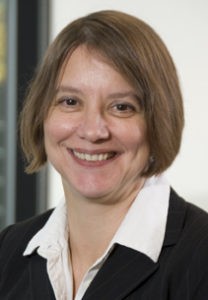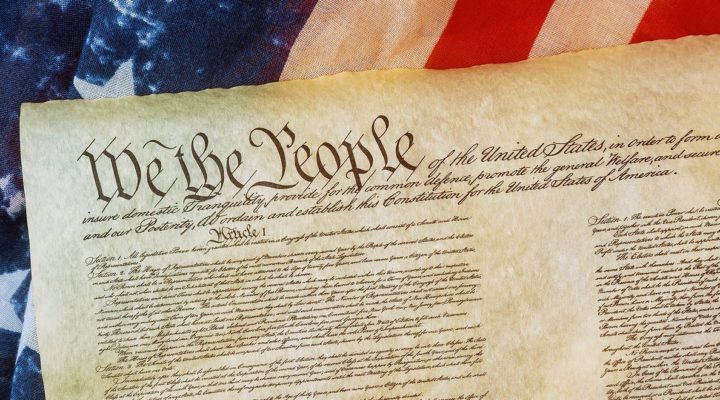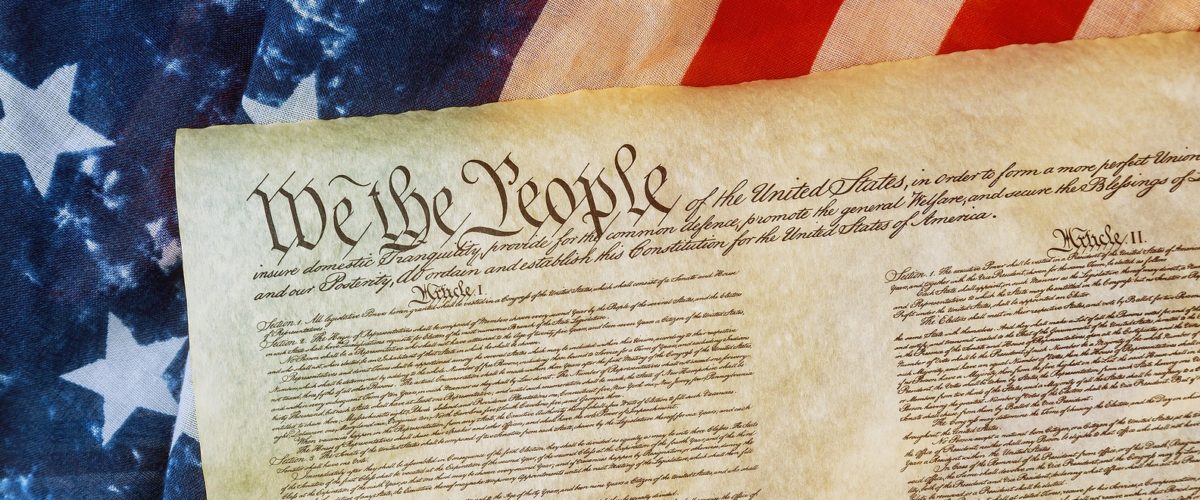In my little town in Oregon, I saw a car with two Confederate flags and a bumper sticker that said, “Powered by Haters.” My shock at the blatant declaration did not translate into any direct action, and I wondered what, if anything, I should have done.
Much later, I found through Facebook that a friend of mine — I’ll call him Pete — had talked directly to the car driver, invited him to coffee, asked him about his flags and bumper stickers, and then offered his own point of view, all done with kindness and respect. My own respect for my friend soared when I read that, and I thought about what Jesus said: “Blessed are the peacemakers, for they shall be called the children of God.”

Becky Ankeny
Since November 2016, I’ve lived with a constant low level of fear, and its companion, anger. I’ve been afraid for immigrants, both Muslim and Latinx. I’ve been afraid for LGBTQ folks. I’ve been afraid for women. I’ve been afraid for Black Americans. Now I’m afraid for teachers and their students at all levels of education. There seems to be no benevolence at the highest levels of the executive branch of our government, no one wishing us well, no one working hard to make our lives bearable and even joyful, no one treating us with kindness and respect.
This fear and its companion anger have educated me. I am a missionary kid who lived in a country where civil war came every decade or two. When the federal officers showed up in Portland, 26 miles from me, wearing camouflage and carrying weapons (even with less lethal ammunition), it brought back nightmares of living under military rule in central Africa. People I knew and loved rounded up at night and shot into mass graves; people placed under house arrest and deported without a trial; unwarranted searches of houses and vehicles by soldiers with machine guns and ammo belts; confiscation of communication devices (in our case, shortwave radios).
“I know we don’t live up to the ideals of our Declaration of Independence, our Constitution and our Bill of Rights, but I want us to try, to push toward liberty and justice for all.”
I was afraid then, and I was so glad to return to the USA, where, as a white person, I could blend into what I now see as a privileged safety zone. This safety zone has eroded now, plus I can see that keeping my head down and trying not to attract attention betrays my fellow humans to constant fear without any safety zone.
I have long loved America for the idea that no one is above the law, that everyone is accorded due process, that the government and its buildings and monuments belong to the people rather than the reverse, that citizens have a right to assemble and to express their political opinions, that the press is free, and so on. I know we don’t live up to the ideals of our Declaration of Independence, our Constitution and our Bill of Rights, but I want us to try, to push toward liberty and justice for all.
I wish Martin Luther King Jr. were here to teach me and the protesters and the police in Portland and elsewhere how to focus anger into a process that ends in “forgiveness, redemption and love” rather than bitterness, condemnation and hatred.
I hope the small things I can do to act with kindness and respect while speaking up for and standing with those I care about and fear for will help the arc of history to bend toward justice. It doesn’t seem like much, to be honest, but it does seem like obedience to Jesus, who said, “Love your enemies,” and it does respect God, who has reserved judgment and vengeance to God’s self.
Becky Ankeny lives in Newberg, Ore., and is a former professor at George Fox University. She is a Quaker and previously served as general superintendent of the Northwest Yearly Meeting of Friends. Her parents were Friends missionaries in Burundi, Africa, for three decades, and she spent much of her first 15 years there. She graduated from George Fox College in 1977 and received an MBA and Ph.D. in English from the University of Oregon. Her Ph.D. work was on the fiction of George MacDonald, a Victorian preacher and writer who influenced C.S. Lewis. She taught at Westmont College from 1986 to 1988 before returning to her alma mater, George Fox, to work as a professor of English and as an administrator from 1988 to 2011.


